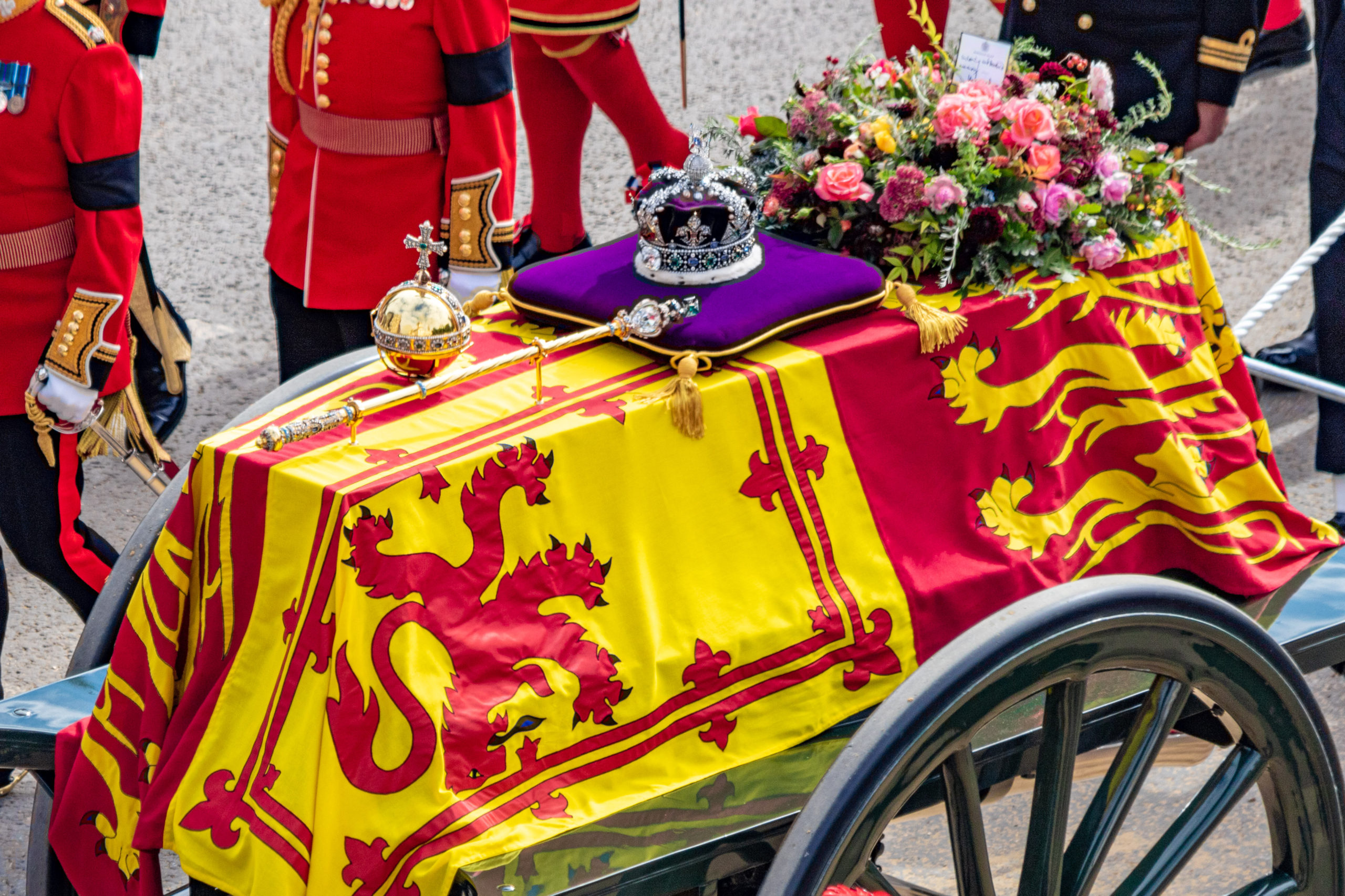With the passing of Queen Elizabeth II on Sept. 8, 2022, the federal government of Canada announced a ‘Day of Mourning’ on Sept. 19th to commemorate the loss of the long reigning monarch.
Along with 52 other nations, Canada falls under the formal rule of the British through being part of the Commonwealth, the Canada we know today first settled 155 years ago by French and British colonists. While it may be known as a nation of peace and prosperity today, many ignore and seem to forget the country’s grim past.
Thus, acknowledging the hardships faced by Indigenous peoples since the birth of our nation opens up the floor for discussions about whether or not a Day of Mourning should exist. Are Indigenous communities receiving the acknowledgement they deserve? Or does the Day of Mourning undermine the struggles that shape our nation?
A York philosophy student, who wishes to remain anonymous, shares some compelling thoughts on the topic:
“Keeping in mind the British Empire’s dangerously coercive influence over the people of colour within their colonies, I find it shocking that the symbol of subjugation is being celebrated or rather mourned on a national level. As I understand Canada is a part of the Commonwealth and maintains direct ties to England, the atrocities the British monarchy represents are etched within Canadian history and also that of many immigrants who call Canada their new home. Many immigrants in this nation learn their history with the British monarchy as the recurring villain.
“To encourage a nation to observe the passing of an almost century old figure which represents slavery in the Caribbean, the inciting of division and war in South East Asia, mercantilism in Africa and paternalism in Canada is tantamount to ingratiating oneself to the mortal enemy of those they swear to protect. The Prime Minister takes a coercive position by expecting the nation as a whole or at the very least, government officials to hold reverence for the late Queen of England. This is so because it takes away the right to autonomy for those government workers who rather not pay respect to the symbol of oppression and impresses upon them the notion that Canada’s allegiance lies with the symbol of oppression.
“The Queen herself may not have had any direct influence over the reputation and material impact of her ancestors, but she serves as a steward for the legacy of her ancestors. As such, though the death of a human being is nothing to celebrate and something to mourn, it should not be taken for granted that a nation or all public servants should be held to a uniform standard which is to honour the legacy this woman represents.”
Sept. 30th marked the National Day for Truth and Reconciliation, a day dedicated to honour those impacted by the residential school system. The last residential school in Canada having closed in 1996 — less than thirty years ago — what does a Day of Mourning say about reconciliation?
A fourth-year biomedical student, who also wishes to remain anonymous, shares their disagreement towards the Day of Mourning.
“I don’t think there should be a whole day of mourning, the monarchy has put many people around the world through many hardships throughout history. The Queen herself has played a significant role in the process of the African Slave Route, with this I believe it’s almost insensitive to those people who have suffered and are continuing to suffer,” they say.
“We talk about giving justice to Indigenous peoples, but now we are mourning the death of a monarch that had partaken in colonising these lands. This seems very ironic and unfortunately there is nothing actively being done to better the situation of Indigenous peoples.”
As Canada continues to establish itself as a leading nation, could opening up a space for discussion on the country’s history be a step in the right direction?


